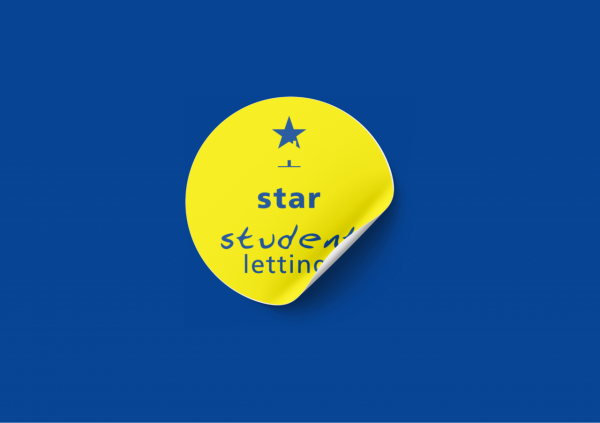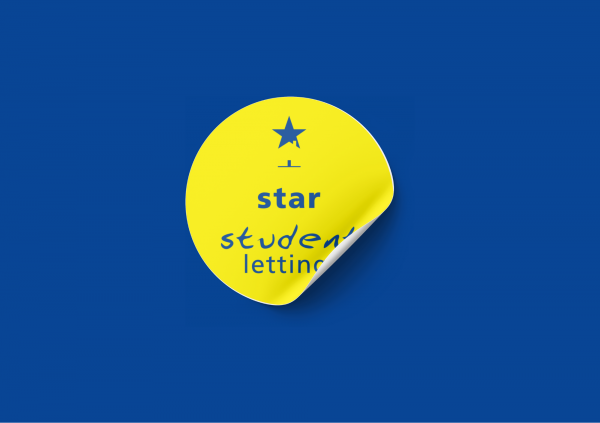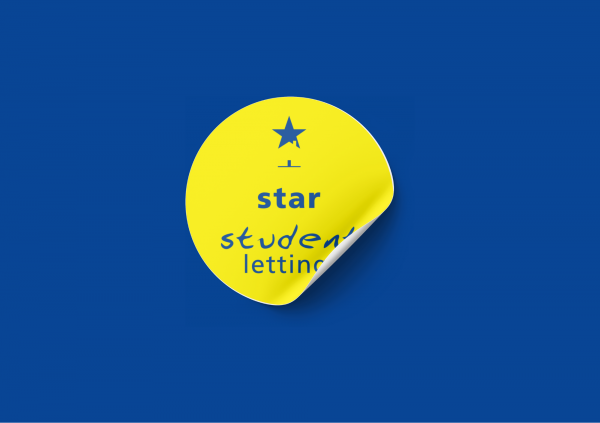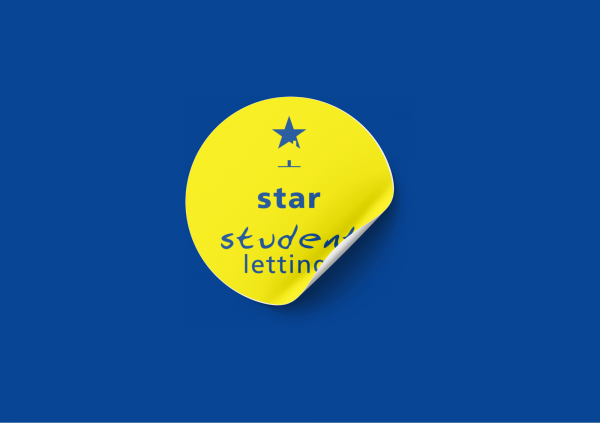Renting to students in Exeter can be a rewarding experience, but it also comes with unique challenges. Whether you’re an experienced property owner or a first-time student landlord, understanding your rights and responsibilities is essential. From tenancy agreements to maintenance, knowing the rules will help you protect your investment and provide safe housing for students.
Below, we answer the most common questions landlords have about renting to students.
1. Do I Need a Specific Tenancy Agreement for Students?
Most student rentals use an Assured Shorthold Tenancy (AST) agreement. This is a legally binding contract, typically lasting 10–12 months, that outlines rent, deposit, and tenant responsibilities.
Tip: Many student landlords in Exeter use a joint tenancy agreement when renting to groups in shared houses – this means all tenants are equally responsible for rent and damages.
2. What Are My Legal Responsibilities as a Student Landlord?
Landlords must provide safe, habitable accommodation that meets UK housing standards. Key responsibilities include:
Ensuring gas and electrical safety checks are carried out
Providing working smoke and carbon monoxide alarms
Maintaining heating, plumbing, and structural safety
Protecting deposits in a government-approved scheme
Following fire safety regulations for HMOs (Houses in Multiple Occupation)
3. Do I Need a Licence to Rent to Students?
If your property is classed as a House in Multiple Occupation (HMO) – typically where three or more unrelated tenants share facilities – you may need a licence from Exeter City Council. This ensures the property meets safety, size, and management standards.
Tip: Always check with the council to see if your property requires an HMO licence.
4. How Should I Handle Student Deposits?
By law, deposits must be placed in a government-approved Tenancy Deposit Protection (TDP) scheme within 30 days of receipt. At the end of the tenancy, deductions can only be made for legitimate reasons (e.g., unpaid rent, damage beyond fair wear and tear).
5. Who Pays the Bills in Student Rentals?
This depends on your rental setup. Some landlords include bills (utilities, internet, TV licence) in the rent for simplicity, while others leave students to manage them. Including bills can make your property more appealing but may raise the rent price.
6. How Do I Deal with Rent Arrears?
If students fall behind on rent, communicate quickly and professionally. Often, parents act as guarantors and can be contacted to resolve payment issues. If arrears continue, landlords may follow the legal eviction process – but this should always be a last resort.
7. What Rights Do I Have as a Student Landlord?
As a landlord, you have the right to:
Receive rent on time
Access your property for repairs (with at least 24 hours’ notice)
Expect tenants to take reasonable care of the property
Recover possession at the end of the tenancy, provided legal procedures are followed
8. How Can I Protect My Property?
Carry out thorough tenant referencing and guarantor checks
Schedule regular property inspections (with notice)
Take a detailed inventory with photos at check-in and check-out
Consider landlord insurance tailored to student lets
Final Thoughts
Being a student landlord in Exeter can be highly rewarding if you stay informed about your rights and responsibilities. By maintaining clear communication, keeping up with legal requirements, and providing safe, comfortable housing, you’ll create a positive rental experience for both yourself and your tenants.







Share this with
Email
Facebook
Messenger
Twitter
Pinterest
LinkedIn
Copy this link